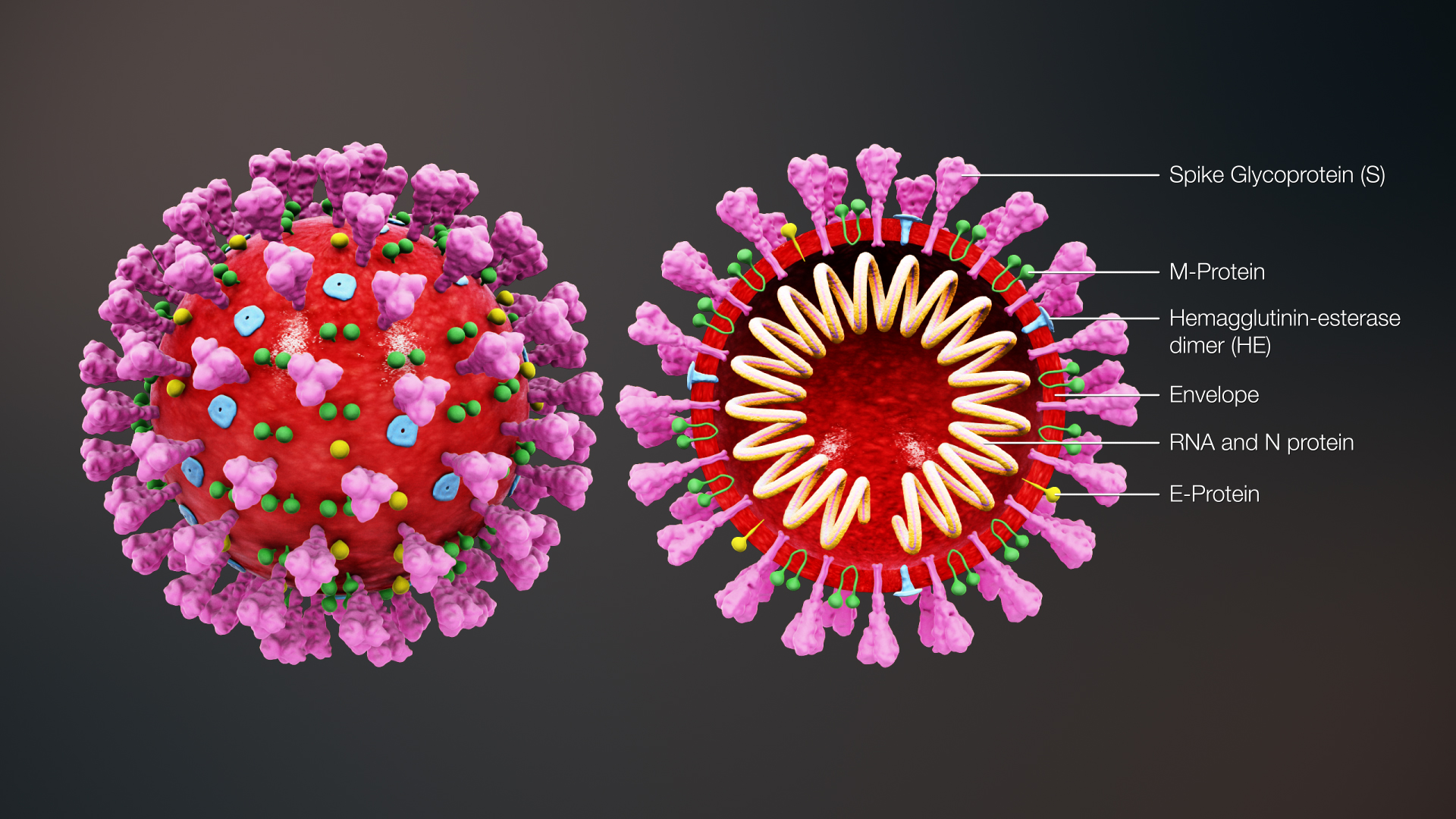Perimenopause is the transitional stage during which your body begins to show the signs and symptoms of menopause. This period typically starts in a woman’s 40s, but it can begin as early as the 30s. As you approach this age or begin to experience perimenopause firsthand, it will help to begin preparing for the changes that menopause will bring.
Menopause and perimenopause are caused by changes in your hormones. Levels of the estrogen hormone rise and fall unevenly, as do levels of other hormones like progesterone. Your menstrual cycle will likely shorten or lengthen depending on the changes your body is experiencing. Fertility does decrease during perimenopause, but women can still become pregnant during this time, so it’s a good idea to discuss any birth control changes with your physician.
Changing hormone levels can contribute to symptoms like:
- Hot flashes
- Sleep problems
- Alterations in mood
- Menstrual irregularity
- Changes in sexual function
- Vaginal or bladder problems
- Bone loss
Several medical conditions may emerge during this time as well, including changes in your cholesterol levels.
Simply understanding the changes that are occurring can help you cope, but as you prepare for menopause, it will also be beneficial to:
Talk to a Professional
As a general rule, if you experience regular changes in your normal bodily function it is wise to speak with your physician to ensure that these changes are natural. Many symptoms you experience during perimenopause can be treated with anti-aging techniques like bio-identical hormone replacement therapy, which will restore your body’s levels of hormones like estrogen. Speaking with an anti-aging specialist about your symptoms can help you relieve and prevent pain and discomfort associated with this transition.
Plan for Better Health
Regular physical activity, a nutritious diet and consistent health screenings can help you maintain your health and minimize the symptoms of menopause. Developing an overall healthy lifestyle can safeguard your cardiovascular health and help you prevent bone fractures. Speak with your physician and/or an anti-aging specialist to find the best ways to incorporate these things into a cohesive lifestyle plan that will help you stay healthy and happy as you go through this transition.
Reassess Your Habits
Smoking, excessive alcohol consumption and obesity can all increase your risk of experiencing health problems during menopause. Losing weight, quitting smoking and cutting back on drinking can help you improve your cardiovascular health and reduce the risk for osteoporosis.
Perimenopause is a time of many changes, but preparing yourself for these changes can help you feel better and live your life to the fullest as you go through them.







